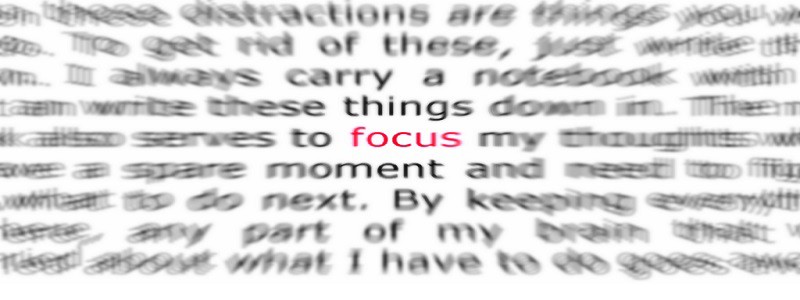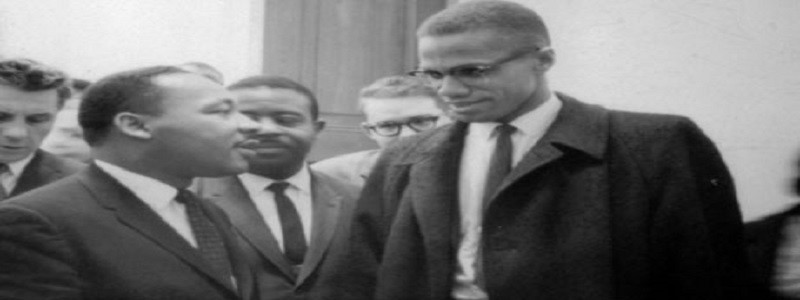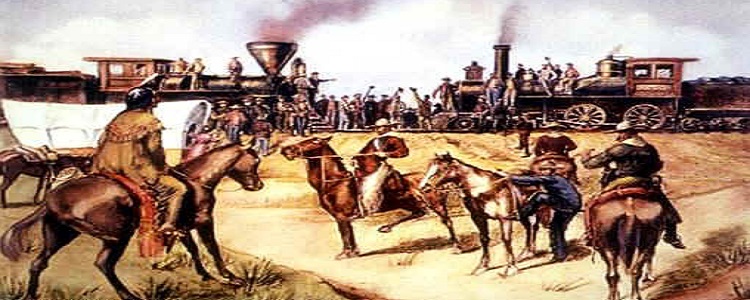What Our Students Can Teach Us About Argument
By Dr. Jocelyn Chadwick
All is argument. Everything. Most individuals don’t even think of language and communication from this perspective, but most assuredly, Aristotle did. Often, we educators have made micro-delineations that are, frankly, too isolated and insular: expository writing is not similar to descriptive writing, is not similar to persuasive writing, is not similar to argumentative writing, is not similar to verbal expressions, and is not similar or relevant to any environment other than education. And not any of the previous delineations have any connections to literature or grammar and linguistics. However, argument undergirds and connects every verbal and written expression.
Dissolving the Obfuscation: How Acknowledging Our Argument-Focus Can Help Bridge K-12 and College
By Gerald Graff
Our trouble with schools may start much higher up—in an ivory tower. According to a recent report by some researchers at Stanford University, high school students with college aspirations “often lack crucial information on applying to college and on succeeding academically once they get there.”
Well, duh.
That the intellectual world of colleges and universities is incomprehensible to those who are not already at home in it has long been a common joke. It shouldn’t take a Stanford research team to tell us that when it comes to “succeeding academically,” many students don’t have a clue.
Civil Rights Strategy and Creating Argumentative Claims
It may seem like a settled question now, but in the early 1960s there was a fervent rhetorical struggle within the Civil Rights movement between advocates for non-violent strategy of civil disobedience (led of course by Dr. Martin Luther King, Jr.), and those for a black nationalist, radical militancy strategy of “any means necessary”(led until his shortly before his death in 1965 by Malcolm X). And of course the strategic directions of social movements and their progeny can change — there have been signs in the past few years (some in cultural expressions like hip-hop) that not all leading African-American voices are unquestioningly and immutably committed to non-violence. But even if there has emerged an unassailable consensus in favor of non-violent strategies to protest racial and social injustice, that doesn’t by itself mean that radical militancy would not have been more effective or productive in advancing the objectives of the Civil Rights movement in the 1950s and 60s (in argumentation theory, this idea is described by the fallacy argumentum ad populum).
Model Flowing on Google Sheets
In structured argumentation activities and classroom debating formats, tracking arguments on a graphic organizer — called a “flow sheet,” in competitive debate parlance — is essential. “Flowing” both enables and enforces refutation, and it makes the process of argumentation, and the unfolding of a debate, traceable and more objective. It may be the single most important way we have in argument-centered instructional work of de-mystifying — and therefore teaching — the process of academic argumentation.
But flowing is a complex and difficult activity — actually series of activities — involving critical listening, summary, and refutation itself. So it is important that the teacher model flowing; we are proponents of extensive modeling, and even when you’re requiring that students be flowing independently, you can be flowing for students as a model, and so that they can consult your flow when they (almost inevitably) lose track or get lost during the debate.
Argument-Based Presentations on the Opening of the American West
Peirce International School humanities teacher Tiffany Brugman and Argument-Centered Education have collaborated on the argumentalization of the school’s Opening the American West unit. We wished to share it out as another demonstration of the argumentalization process and the ways that it can generate student inquiry, critical thinking, college-directed argumentation skills, and communications exercise and growth.
It starts, as regular readers of The Debatifier know, with the formulation of the debatable issue(s). For this unit, the issue is formulated as a question:
What was the most important factor in the opening of the American West?






